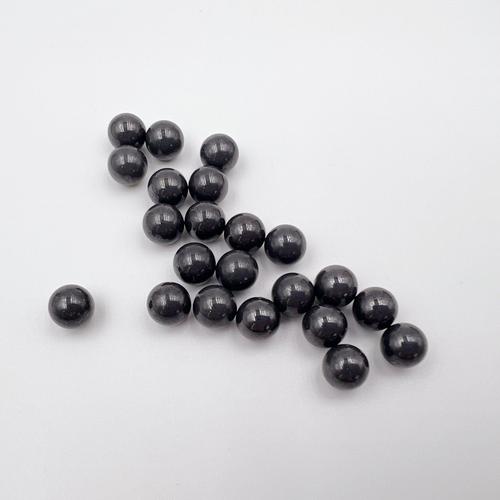Ceramic Ball Bearings: The Ultimate Guide to Superior Performance and Applications
Introduction
In high-performance industries, ceramic ball bearings have revolutionized machinery efficiency. These advanced components offer unmatched durability and speed capabilities compared to traditional steel bearings. This comprehensive guide explores ceramic ball bearing technology, its advantages, and practical applications across industries.
What Are Ceramic Ball Bearings?
 Ceramic ball bearings consist of precision-engineered rolling elements made from advanced ceramic materials like silicon nitride (Si3N4) or zirconium oxide (ZrO2). Unlike conventional steel bearings, these components utilize non-metallic balls within either ceramic or steel races, creating superior performance characteristics.
Ceramic ball bearings consist of precision-engineered rolling elements made from advanced ceramic materials like silicon nitride (Si3N4) or zirconium oxide (ZrO2). Unlike conventional steel bearings, these components utilize non-metallic balls within either ceramic or steel races, creating superior performance characteristics.
Key Advantages of Ceramic Ball Bearings
1. Reduced Friction: 60% lower friction than steel bearings
2. High-Speed Capability: Operate at 1.5-2x higher RPM limits
3. Temperature Resistance: Withstand extremes from -40°C to 1,000°C
4. Corrosion Immunity: Ideal for chemical/marine environments
5. Weight Reduction: 40% lighter than steel alternatives
Industrial Applications
• Aerospace: Turbine engine components
• Medical: MRI machines and surgical tools
• Automotive: High-performance racing systems
• Renewable Energy: Wind turbine pitch controls
• Manufacturing: CNC spindle assemblies
Types of Ceramic Bearings
Full Ceramic Bearings: All-ceramic construction for extreme environments
Hybrid Ceramic Bearings: Ceramic balls with steel races (cost-effective solution)
Silicon Nitride Bearings: Premium choice for high-load applications
Purchasing Considerations
When selecting ceramic ball bearings, evaluate:
1. ABEC precision rating (3-7)
2. Lubrication requirements
3. Radial/axial load capacities
4. Thermal expansion coefficients
5. Certifications (ISO 9001, ROHS)
Industry Trends
The global ceramic bearings market is projected to grow at 6.8% CAGR through 2030, driven by demand in electric vehicles and green energy sectors. Recent innovations include graphene-coated hybrids and self-lubricating designs.
Why Choose Our Ceramic Bearings?
Our premium-grade ceramic ball bearings undergo rigorous quality testing, featuring:
• Military-grade silicon nitride materials
• Customizable sealing solutions
• 30% longer service life guarantee
• Technical support for OEM applications
FAQ
Q: How do ceramic bearings handle shock loads?
A: Advanced ceramic materials demonstrate excellent compressive strength, making them suitable for high-impact applications when properly installed.
Q: Are ceramic bearings maintenance-free?
A: While requiring less lubrication than steel bearings, periodic inspection and cleaning remain essential for optimal performance.
Q: What's the typical lifespan comparison?
A: Properly maintained ceramic bearings last 3-5x longer than steel equivalents in comparable operating conditions.
Conclusion
Ceramic ball bearings represent the pinnacle of bearing technology, offering unmatched performance for demanding applications. Explore our certified product range to find your ideal precision solution. Contact our engineering team today for personalized consultation.




 13869596835
13869596835